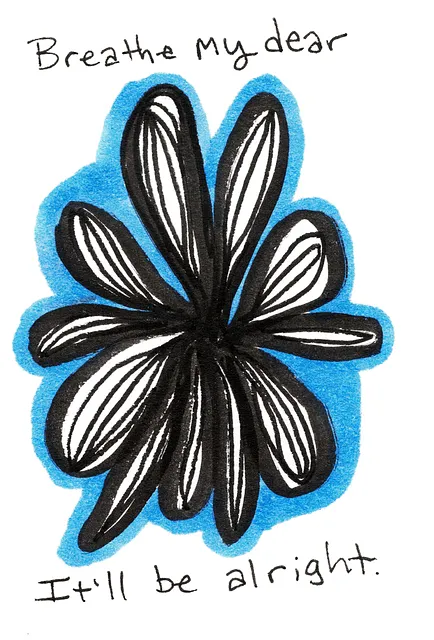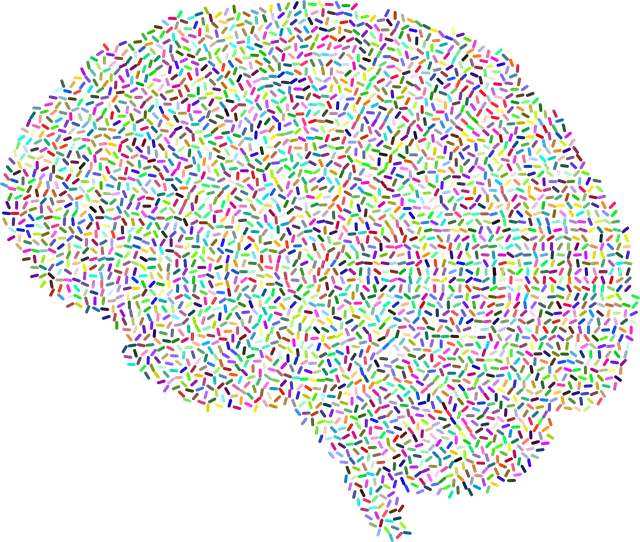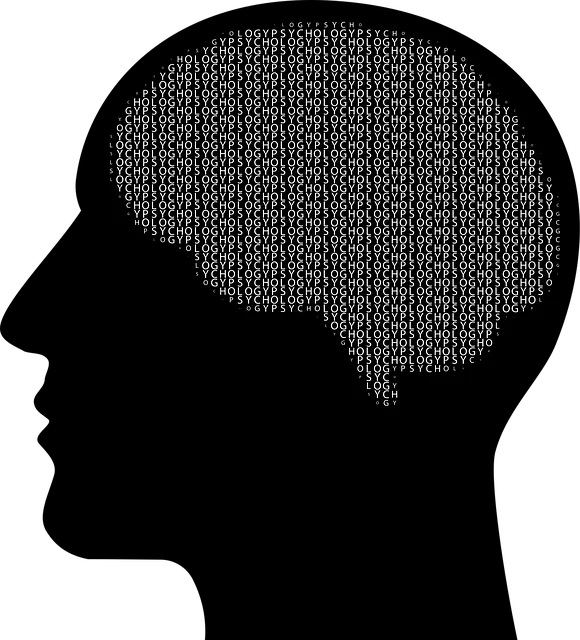Mental wellness journaling, facilitated by professional resources like Kaiser Permanente behavioral health services in Wheat Ridge, is a powerful tool for self-exploration and personal growth. By structured recording of thoughts, feelings, and experiences, individuals gain insights into their mental state, cultivate awareness, process emotions, and track progress over time. This practice helps identify patterns, triggers, and sources of stress or joy, reduces anxiety symptoms, fosters social skills development, and promotes holistic well-being. A dedicated, peaceful space for journaling, along with daily or weekly prompts related to specific aspects of well-being, enhances mental clarity and self-awareness, contributing to proactive mental health management.
Unwind your mind and explore your inner thoughts with mental wellness journaling, a powerful self-care practice endorsed by Kaiser Permanente behavioral health services Wheat Ridge. This article guides you through the transformative journey of using a journal as a personal exploration tool for emotional well-being. From understanding its benefits to setting up a dedicated space, we’ll show you effective techniques to enhance mental clarity and track your progress. Unlock the power of reflection and discover patterns that lead to profound self-awareness.
- Understanding Mental Wellness Journaling: A Personal Exploration Tool
- Benefits of Regular Journaling for Emotional Health (Kaiser Permanente behavioral health services Wheat Ridge perspective)
- Setting Up Your Journal: Creating a Safe and Personal Space
- Effective Journaling Techniques to Enhance Mental Clarity
- Tracking Progress and Identifying Patterns: The Power of Reflection
Understanding Mental Wellness Journaling: A Personal Exploration Tool

Mental wellness journaling is a powerful tool for self-exploration and personal growth. It involves recording your thoughts, feelings, and experiences in a structured manner to gain deeper insights into your mental state. This practice is not just about documenting daily events; it’s a way to cultivate awareness, process emotions, and track progress over time. By writing down your innermost thoughts, you can identify patterns, triggers, and sources of stress or joy, which are crucial steps in enhancing mental wellness.
The benefits of mental wellness journaling are well-documented, especially when supported by professional resources like those offered by Kaiser Permanente behavioral health services in Wheat Ridge. Engaging in this practice can provide clarity, reduce symptoms of anxiety, and even foster social skills development through reflective writing exercises. The Community Outreach Program Implementation at Kaiser Permanente recognizes the value of such initiatives in promoting holistic well-being, offering guidance tailored to individual needs.
Benefits of Regular Journaling for Emotional Health (Kaiser Permanente behavioral health services Wheat Ridge perspective)

Regular journaling can be a powerful tool for maintaining and improving emotional health, as supported by Kaiser Permanente behavioral health services Wheat Ridge. By dedicating time to reflect on thoughts, feelings, and experiences, individuals engage in a practice that strengthens self-awareness—a cornerstone of mental wellness. This process allows people to identify patterns in their emotions, gain new insights into challenging situations, and develop more effective coping mechanisms.
Through Mind Over Matter Principles, journaling provides an opportunity for self-reflection and personal growth. It can help individuals process complex emotions, reduce stress, and even serve as a preventive measure against Depression Prevention. Moreover, the act of putting pen to paper (or fingers to keyboard) offers a sense of clarity and control, enabling mental health professionals to conduct thorough Risk Assessments more effectively by providing rich, textual data on clients’ emotional states and progress over time.
Setting Up Your Journal: Creating a Safe and Personal Space

When setting up your mental wellness journal, creating a safe and personal space is paramount. Think of it as your own sanctuary where thoughts can flow freely and securely. Kaiser Permanente behavioral health services Wheat Ridge offers valuable guidance in this regard, emphasizing the importance of making your journaling area free from distractions and external pressures. This could be a quiet corner in your home, perhaps near a window offering natural light or a view that soothes your mind.
Incorporating elements that resonate with you is key to fostering a sense of comfort and connection with yourself. This might include placing meaningful objects, such as crystals or inspirational quotes, around your journal. Remember, the space should encourage mindfulness meditation and support your journey towards mood management and stress management workshops organization—all integral parts of taking care of your mental wellness.
Effective Journaling Techniques to Enhance Mental Clarity

Journaling is a powerful tool for enhancing mental clarity and self-awareness, offering individuals a safe space to reflect and process their thoughts and emotions. For those seeking improved mental wellness, incorporating effective journaling techniques can be transformative. One such approach is to start with a clear structure, such as setting daily or weekly prompts related to specific aspects of well-being, like stress management or gratitude practices. This structured method encourages consistent reflection, making it easier to identify patterns and triggers for mental health concerns.
For instance, healthcare professionals can benefit from this practice by utilizing techniques learned through Kaiser Permanente behavioral health services Wheat Ridge or even considering Burnout Prevention Strategies for Healthcare Providers as a prompt. By analyzing their experiences and emotions related to work, they can uncover potential risks (as mentioned in Mental Health Policy Analysis and Advocacy) and take proactive measures. This journaling process fosters self-care, allowing professionals to manage stress and maintain a healthy mindset, ultimately improving patient care.
Tracking Progress and Identifying Patterns: The Power of Reflection

Mental wellness journaling is an incredibly powerful tool for self-reflection and tracking your progress over time. As you consistently record your thoughts, feelings, and experiences, patterns begin to emerge—a process that can be eye-opening. By reviewing your entries, you may notice recurring themes or triggers related to your mental health. For instance, certain situations or interactions could consistently impact your mood or cause stress. Identifying these patterns is a game-changer, enabling you to develop strategies for managing difficult emotions and behaviors.
This practice encourages proactive mental health management, a key aspect emphasized by Kaiser Permanente behavioral health services Wheat Ridge. Through reflection, individuals can gain valuable insights into their emotional landscapes, fostering better understanding of themselves. Moreover, this process contributes to the ongoing public awareness campaigns focused on reducing the stigma surrounding mental illness. By documenting and sharing (anonymously if preferred) your experiences, you contribute to a broader conversation, helping others recognize and address their own mental wellness journeys.
Mental wellness journaling is a powerful tool, backed by insights from Kaiser Permanente behavioral health services Wheat Ridge, that can transform your emotional well-being. By dedicating time to reflect and explore your thoughts and feelings, you cultivate mental clarity, process emotions effectively, and track personal growth. Through this practice, you create a safe space for self-discovery, enabling you to navigate life’s challenges with enhanced resilience and a deeper understanding of yourself.






